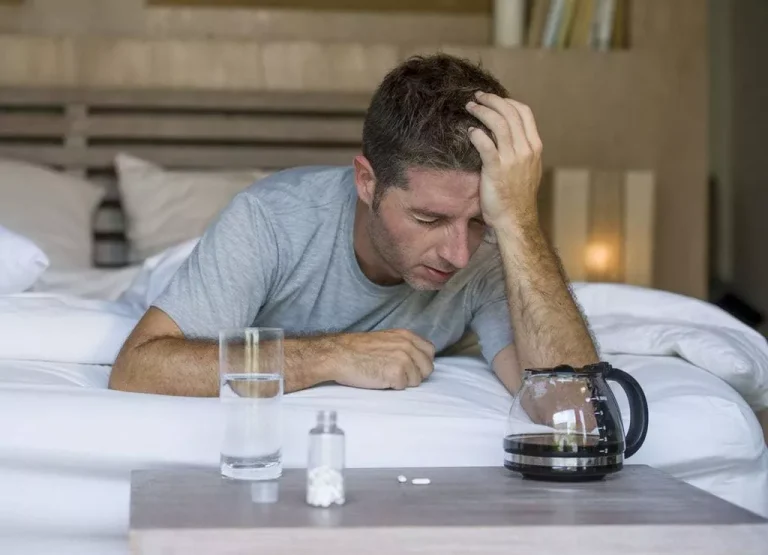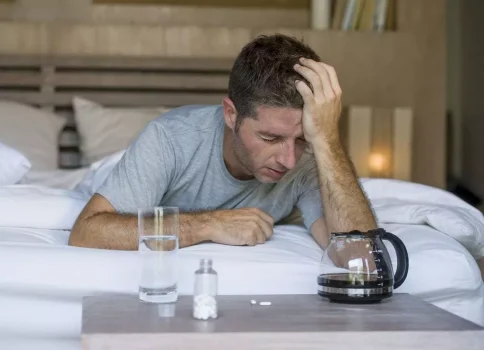
As you embark on or continue your recovery journey, consider exploring different group topics and formats to find what resonates with you. The path to healing is rarely linear, and what works for one person may not work for another. Research indicates that individuals who engage in treatment and remain committed to recovery often experience positive outcomes. These outcomes include significantly reduced drug and alcohol misuse, decreased criminal activity, and improved overall social and psychological well-being. After completing a treatment program, individuals benefit from a well-structured aftercare plan. This plan serves as a roadmap to help them maintain their recovery progress.

Substance Use Group Therapy Activities

Creating plans for the future is a common way to help patients with addiction stay motivated with their recovery and sobriety. These plans do not have to be grandiose or complicated, but they still give a patient something to look forward to and work toward accomplishing. Discussing this in a group setting helps increase accountability to both their peers and their provider.
How Does Group Therapy Help with Substance Abuse?
For some, this spiritual dimension provides a powerful source of strength and motivation in their recovery journey. Motivational Interviewing and enhancing motivation for change is another powerful approach. This client-centered method helps individuals explore and resolve ambivalence about change.
A Chronic Condition Demands Ongoing Care
Group therapy offers a vital space for individuals in recovery to connect, learn, and grow together. An effective substance abuse group therapy session provides a supportive and judgment-free environment, encourages open discussions, and promotes healthier ways of coping. Here, we present 50 essential group topics that can deepen group engagement, foster meaningful discussions, and support long-term recovery. So, let’s dive into this list of addiction recovery discussion questions and explore the different aspects of addiction, recovery, and personal growth. The goal is to create a safe and non-judgmental space for individuals to share their thoughts, feelings, and experiences.

Specialized Group Topics: Tailoring Treatment to Individual Needs
Or picture a lively game of bingo where, instead of numbers, participants mark off common cognitive distortions as they recognize them in their own thinking. It’s education disguised as entertainment – the best kind of learning there is. Addiction is a complex beast, a tangled web of biological, psychological, and social factors. The toll it takes extends far beyond the individual, rippling out to touch families, friends, and entire communities. In the throes of addiction, people often feel isolated, misunderstood, and hopeless.
- For example, intensive outpatient treatment may require meeting twice a week, while inpatient programs may offer daily sessions.
- This discussion explores how honesty can foster trust, reduce guilt, and support sobriety.
- Addiction often strains relationships, leaving a wake of hurt and mistrust.
- Substance use can damage trust within relationships, making it a crucial focus in recovery.
Talking about how to resolve these conflicts positively makes it less scary and more attainable. Participants can also share different coping skills that have worked for them, as well as what hasn’t worked. In meditation sessions, participants will practice focusing on their breathing or on affirmations while allowing thoughts to come and go without engagement or judgment. In order to keep participants engaged and focused, leaders may offer different activities during sessions.
Having addiction recovery group topics to discuss is incredibly powerful, either on its own or in addition to individual therapy. Joining a substance abuse group can additionally improve an individual’s chance of long-term sobriety. Stress affects everyone, so creating healthy coping mechanisms is vital to any recovery plan. Group topics for addiction frequently surround stress management, helping those in attendance identify stressors in their life.
What is a Sober Companion: What They Do and Why You …
Group therapy is an excellent place for therapists to discuss the characteristics of healthy relationships and how to identify signs of an unhealthy relationship. Use them as a starting point for meaningful conversations and reflections on addiction and recovery. Remember, recovery is a lifelong journey, and having open discussions can provide valuable insights and support along the way. Keeping up with discussions about mental health is essential in group therapy. Sharing with the other members how you are holding up and what you’re doing to take care of yourself shows everyone your progress, but it also may help others who are listening. Discussing mental health can be viewed as taboo, but it’s important to do if you’re trying to recover from substance abuse.
Have a group lecture and/or discussion about the neuroscience of addiction. But of all the different treatment methods, support groups may be one of the most valuable for both the treatment process itself and continued recovery post-treatment. An ideal tool for group therapy, journaling, or to use as an icebreaker.

Identifying Coping Mechanisms
By adhering to an aftercare plan, individuals can better navigate the challenges they may encounter post-treatment. Countless meeting topic suggestions are listed above to help you focus the group on recovery based on the principles they need to thrive. Most therapists start with triggers and bad topics for addiction recovery groups habits because those are the first things people must consider.